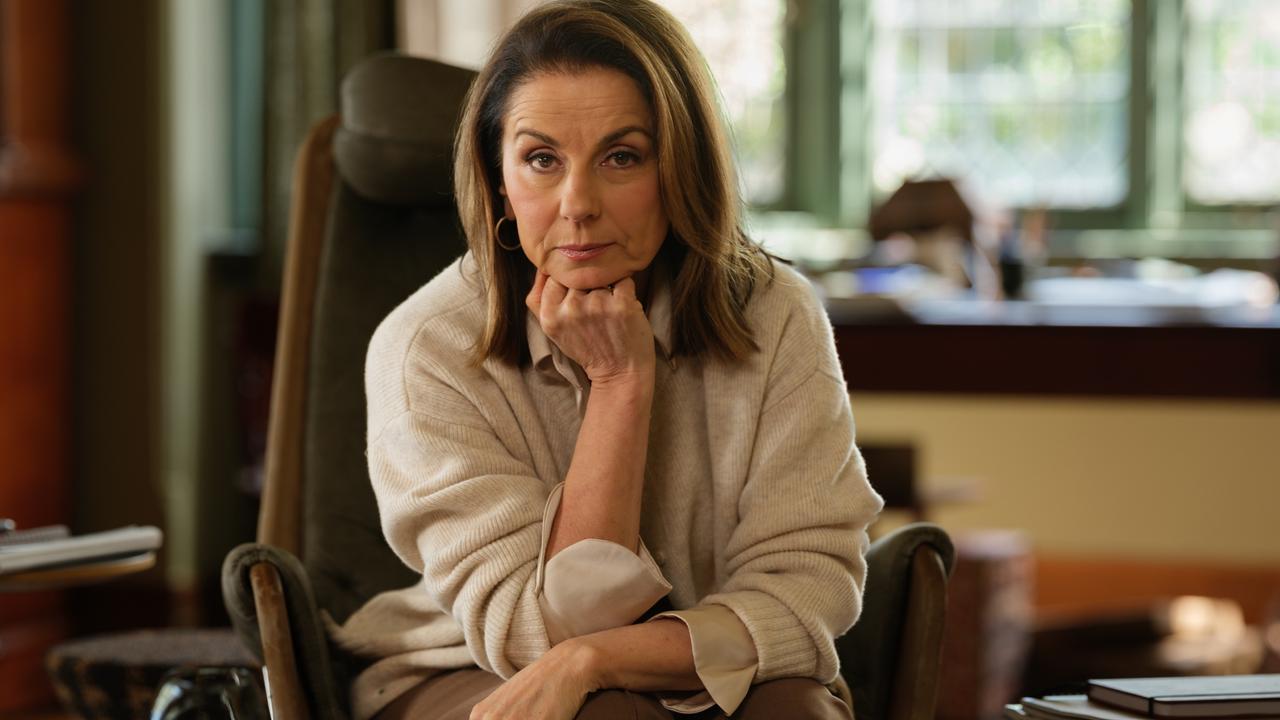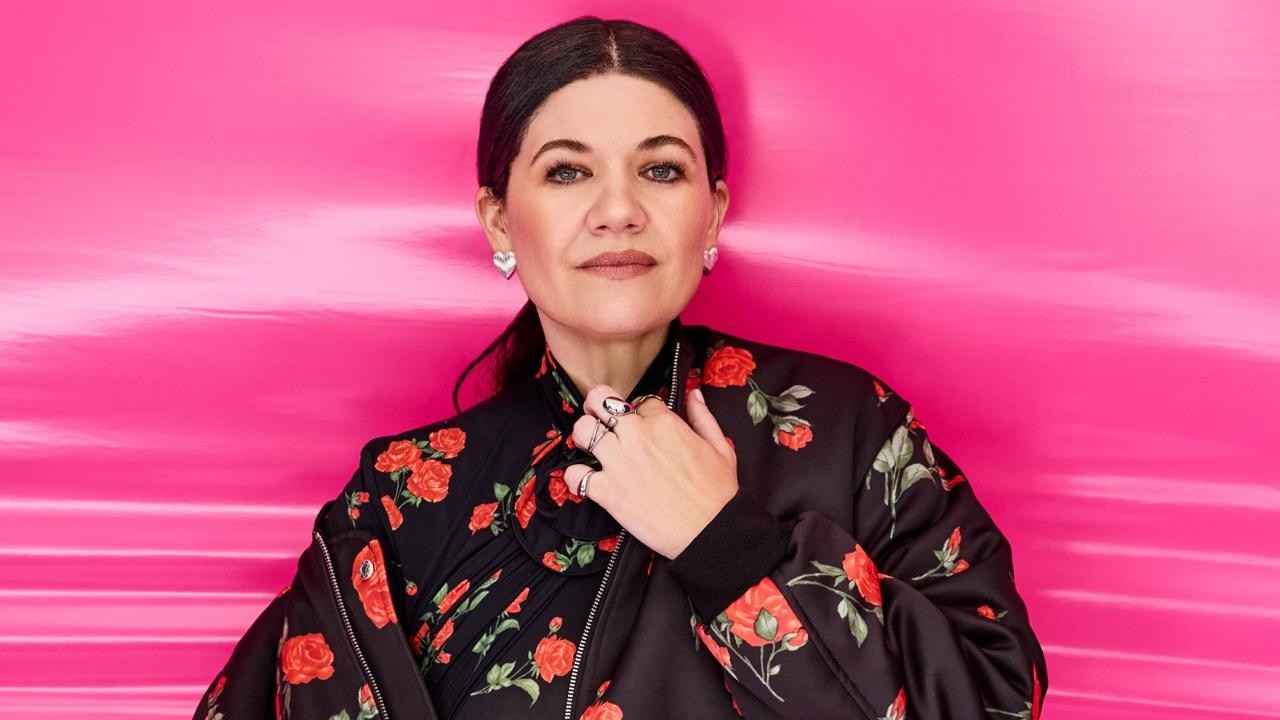Inside the germ-free lonely life of Brisbane’s own ‘bubble girl’
Brisbane’s version of the famed bubble boy of the ’70s could have grown up like any other child if her parents had had access to a $10 test.
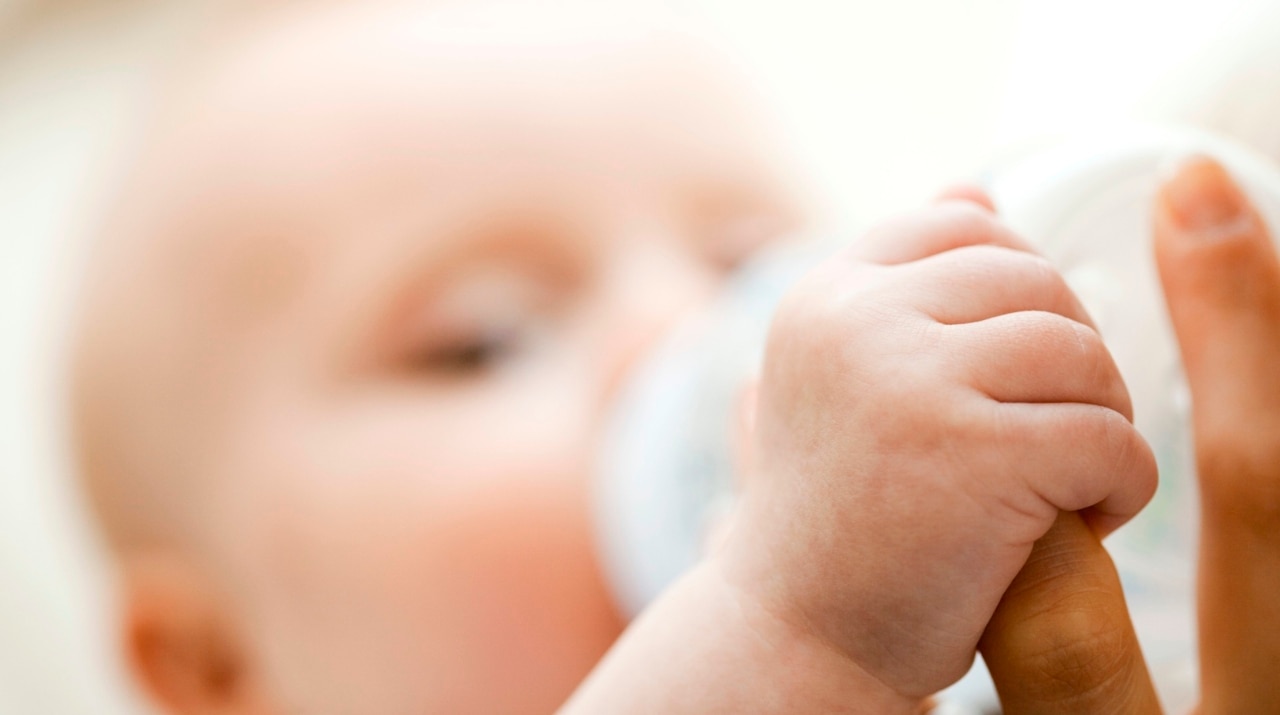
Lifestyle
Don't miss out on the headlines from Lifestyle. Followed categories will be added to My News.
A Brisbane toddler is living in a bubble as she suffers the same devastating condition as the famous “bubble boy” of the 1970s who was placed in a germ-free plastic container where he lived until his death at age 12.
And while medical advancements over the 50 years have made life more tolerable for children with life-threatening severe combined immune deficiency (SCID), a simple $10 heel prick test could spark early intervention with a stem cell transplant and offer hope for a cure.
The Australasian Society for Clinical Allergy and Immunology is pushing for the test to be introduced for babies at birth, and has launched the ASCIA Immunodeficiency Strategy to improve the health and wellbeing of people living with primary immunodeficiencies.
While screening is routinely performed in New Zealand, the US and in some European countries, it is not yet routinely available in Australia. It is only being trialled in NSW.
Louise Grant, of New Farm, is mother to 21-month-old Isabelle, who was born with SCID.
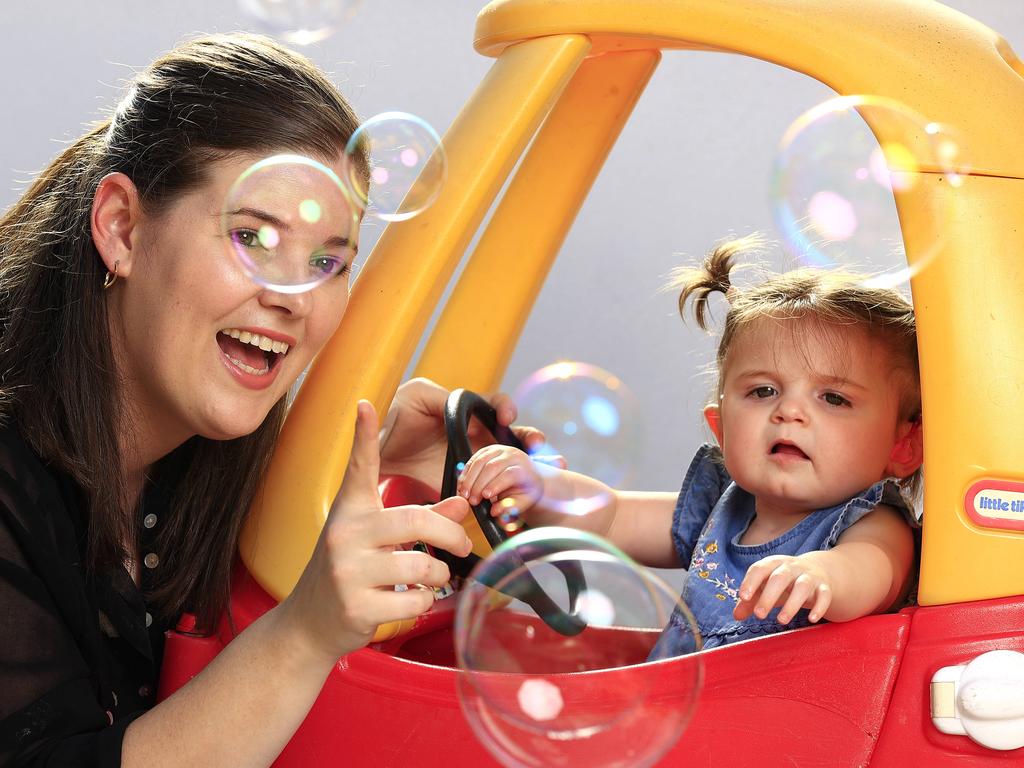
The condition means that Isabelle does not have a functioning immune system which has forced the family to live in the sterile bubble of their home where visitors are rare and a highly complicated routine of sterilisation is in operation.
Play dates for her older sister, trips to the beach or the shops have been impossible.
“Living in a bubble has been all consuming for us,” mum said.
From the moment she was born, the toddler’s life has been a whirlwind of medical interventions and complicated procedures.
“The hospital’s general paediatric doctor noticed Isabelle’s very low white blood cell count. Miraculously, the doctor had recently read a report on SCID, so they happened to know the symptoms and immediately called the immunology specialist. Otherwise, being so rare, it could easily have not been picked up,” Ms Grant said
“When everyone else was focusing on Isabelle’s heart and lungs, these doctors fortunately looked at her immune system too.”
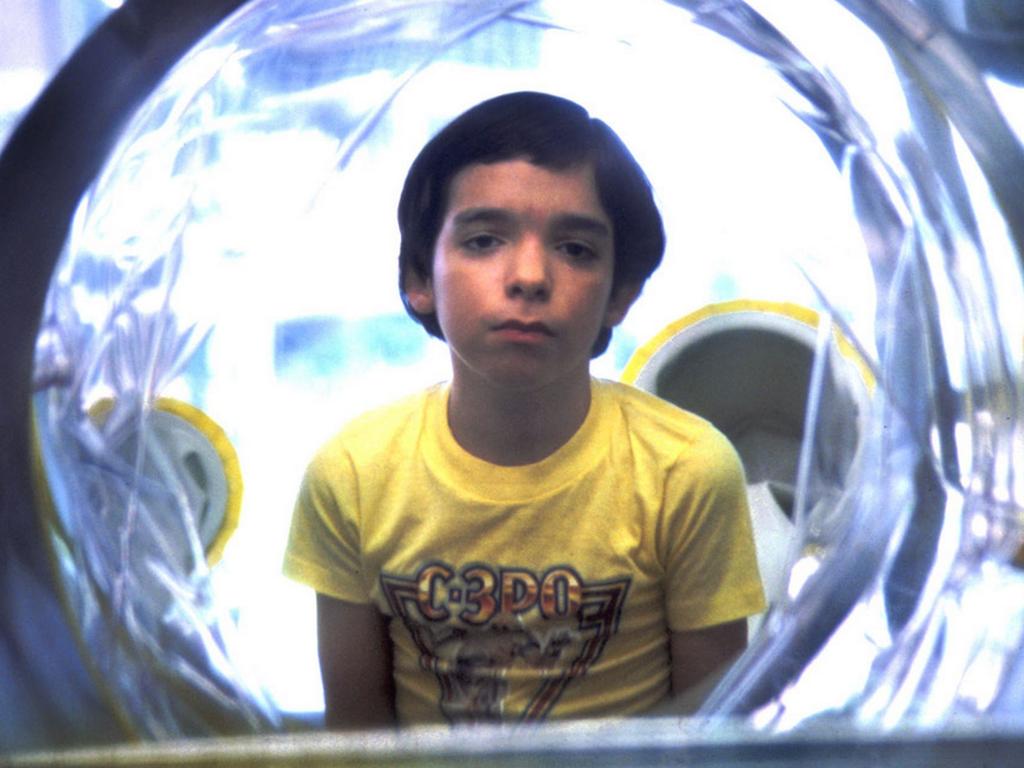
Due to her inability to fight infection, Isabelle was immediately isolated in a positive pressure room, spent 33 days in paediatric ICU recovering from the severe lung infection she had developed, and was then in and out of hospital for the first year of her life after receiving a stem cell transplant from her dad as the donor.
“In the absence of routine newborn screening that is available in other countries, Isabelle will now have to live with lifelong secondary consequences of SCID, such as permanent hearing loss and developmental disabilities, due to the delay in diagnosis and treatment,” mum said.
The family believes that Isabelle’s treatments have cost millions of dollars.
“With a simple $10 test so much money and so much heartache could be spared,” Ms Grant said.
ASCIA Immunodeficiency Strategy co-chair Melanie Wong said children with severe primary immunodeficiencies lived with severe health complications due to recurrent infections and early death, despite their being curable if treated in the first few months of life.
“That is why we are specifically calling for newborn screening of SCID,” she said.
“Due to their rarity, delays in diagnosis of primary immunodeficiencies are common.
“For infants and very young children with severe primary immunodeficiencies, this leads to severe complications due to recurrent infections and early death, despite being curable if treated in the first few months of life.
“That is why we are specifically calling for newborn screening of SCID. While screening is routinely performed in New Zealand, the United States, and in some European countries, it is not yet routinely available in Australia. It is only being trialled in NSW at present.”
ASCIA president-elect and ASCIA Immunodeficiency Committee chair Dr Theresa Cole said: “SCID is fatal in the first two years of life without definitive intervention.
“Early diagnosis is vital to allow curative treatment such as urgent haematopoietic stem cell transplantation, also known as bone marrow transplant.”





